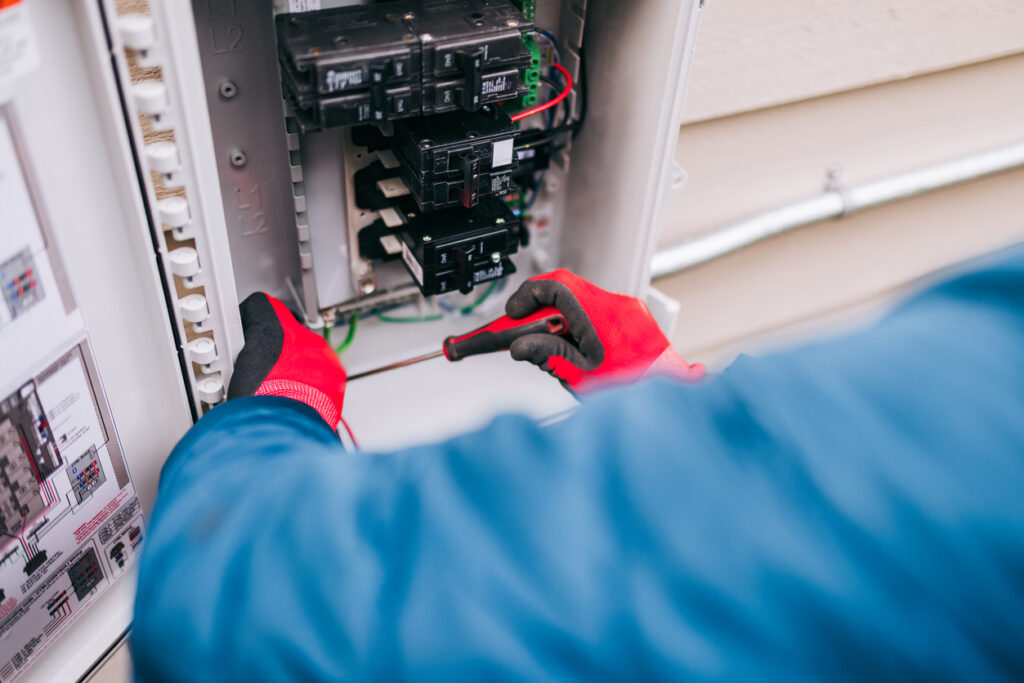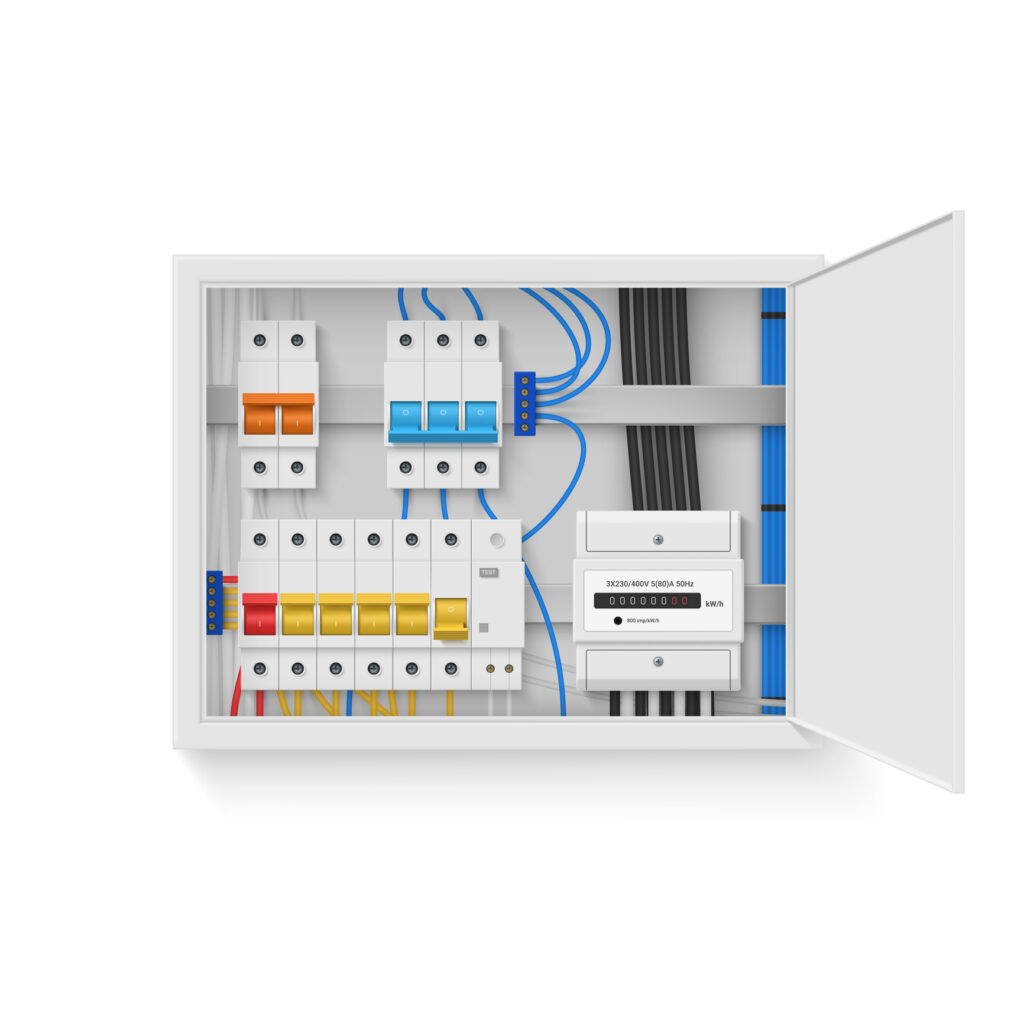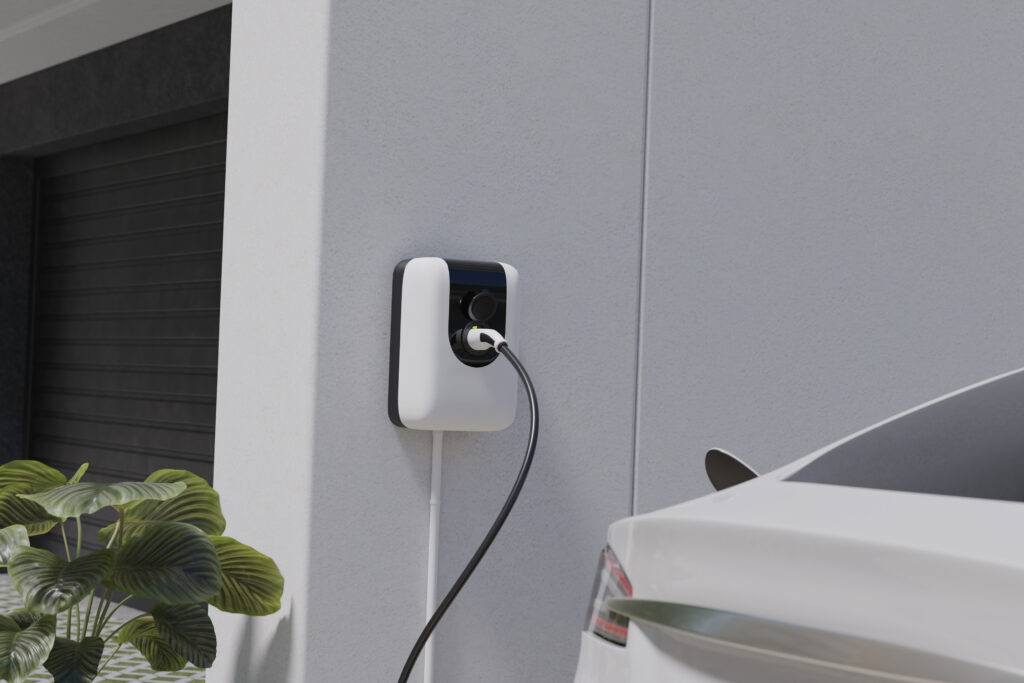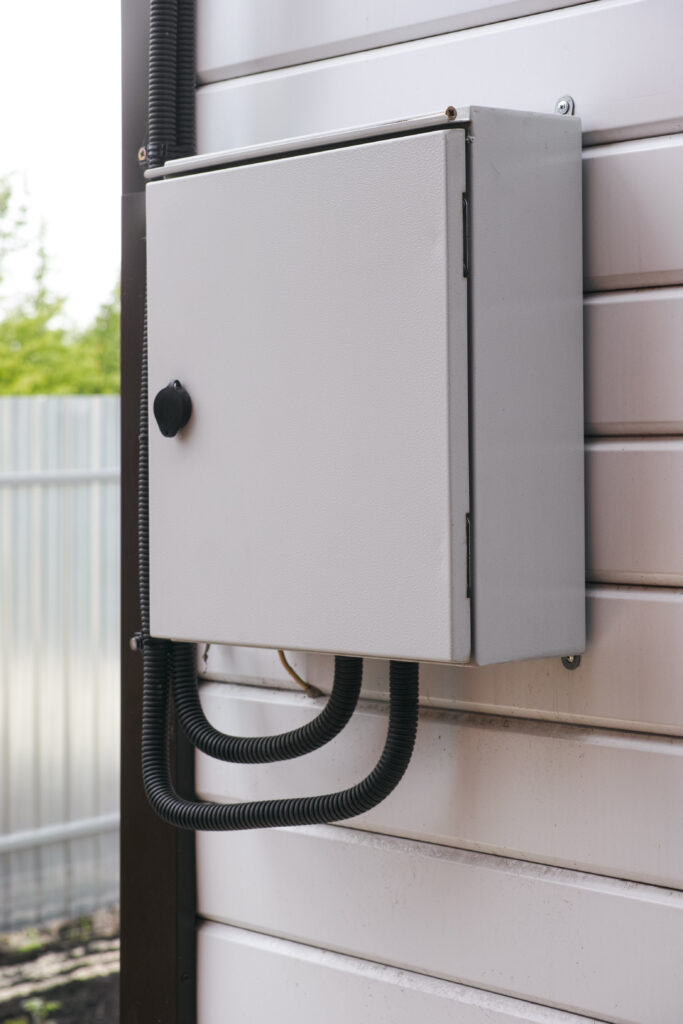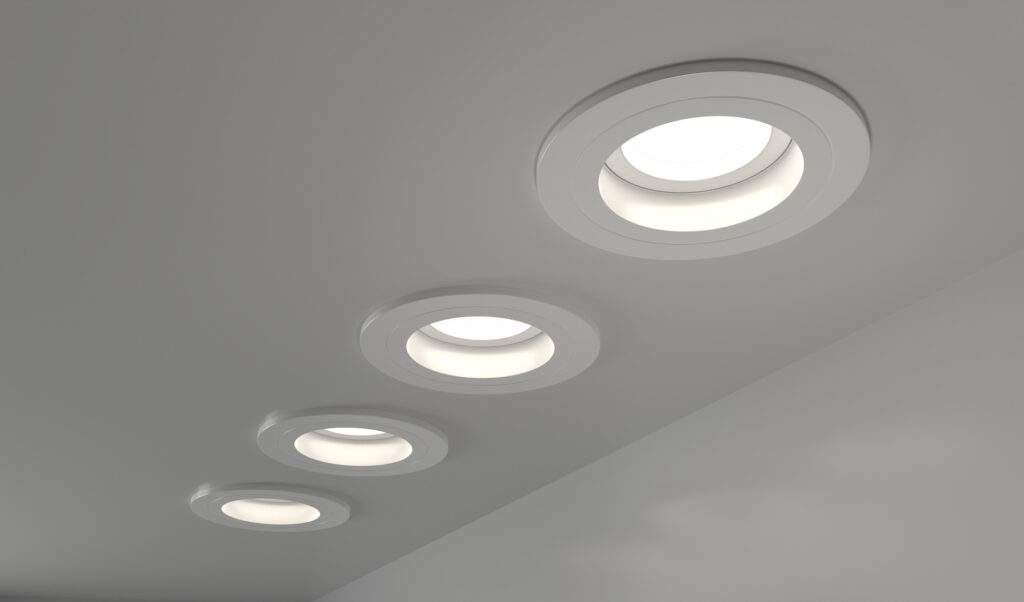An electrical panel is the heart of a home’s electrical system, distributing power safely and efficiently. Over time, outdated panels can become hazardous, leading to power failures, inefficiencies, and even electrical fires. Maintaining the home’s electrical system is crucial to prevent these issues.
Ensuring your panel is up to date is essential for both safety and functionality.
Milk Electrical, a trusted provider of electrical panel installation services, specializes in upgrading and replacing panels to meet modern electrical demands.
Understanding Electrical Panels
An electrical panel, also known as a breaker box or fuse box, is the central hub that distributes electricity from the service line to various parts of your home through circuits and wiring.
This crucial component of your home’s electrical system is typically located inside the house, near the electric meter found on the exterior.
The electrical panel is the homeowner’s responsibility, not the electric utility’s, and it plays a vital role in ensuring that electricity is safely and efficiently delivered to all your appliances and devices.
Types of Electrical Panels
There are several types of electrical panels, each designed to meet specific electrical needs. Main breaker panels are the primary control centers for your home’s electrical system, while subpanels extend the reach of the main panel to other areas. Meter panels combine the functions of a meter and a breaker panel, often used in multi-unit buildings.
Load centers and service panels are common in residential settings, distributing power to various circuits. Each type of panel serves a unique purpose, ensuring that your home or business operates safely and efficiently.
Recognizing the Warning Signs of Electrical Hazards
Frequent Circuit Breaker Trips
A strong indication that your breaker box may be overloaded is frequent circuit breaker trips. If your breakers trip often, it could mean that your home is drawing more power than the panel can handle.
This could be due to issues with the circuit wire connections within the panel. This is especially common in older homes that were not designed to accommodate today’s high-powered appliances and devices.
Flickering or Dimming Lights
Flickering or dimming lights can signal that your panel is struggling to distribute power efficiently. If lights dim when you turn on an appliance, it may be due to issues with the electrical circuit not providing a stable power supply.
Maintaining your home’s electrical system is crucial to prevent such issues and ensure safety. This can indicate outdated wiring or an overburdened electrical system.
Burning Smells or Scorch Marks
Burning smells or scorch marks around your panel are serious warning signs. Any burning odor coming from the panel or visible discoloration on outlets or walls could indicate overheating due to faulty electrical connections, posing a fire risk that requires immediate attention.
Buzzing or Humming Noises
Buzzing or humming noises coming from the panel should never be ignored. A properly functioning panel should operate silently. Any unusual sounds can signal loose or faulty wiring, which could lead to electrical failures or fire hazards.
Older Electrical Panels
Older electrical panels that use fuses instead of circuit breakers are outdated and not suited for modern electrical demands. Homes with panels that are more than 20-30 years old may not meet current safety codes and should be evaluated for an electrical panel upgrade to improve safety and efficiency.
Insufficient Outlets
An insufficient number of outlets or a heavy reliance on extension cords can indicate that your panel is not distributing power efficiently. A well-maintained home’s electrical system is crucial to avoid such issues and ensure safety. The increased demand for power in modern homes requires sufficient outlets and circuits to avoid overloading.
Adding New High-Powered Appliances
Adding new high-powered appliances, such as electric vehicles, HVAC systems, or home automation technology, may exceed your panel’s current capacity. If your home’s electrical system cannot support these upgrades, an installation may be necessary to ensure efficient operation.
Requirements For Electrical Panel Installation
Upgrading an electrical panel requires compliance with safety and building codes. In California, installation must meet the National Electrical Code (NEC) and local municipal requirements. A permit is typically required before work can begin, ensuring that the installation adheres to safety regulations.
A licensed electrician is essential for proper installation. Electrical panel upgrades involve complex wiring and high-voltage connections that require professional expertise. Hiring a certified technician ensures compliance and prevents potential hazards.
Cost of Replacing an Electrical Panel in California
The cost of installing a circuit breaker box and electrical panel varies based on factors such as panel size, wiring complexity, and labor expenses. A standard 100-amp panel upgrade can range in price, while a more robust 200-amp upgrade is typically higher due to increased capacity and materials.
Additional costs may apply if rewiring is needed or if the electrical system requires modifications to meet safety codes. Permit fees and professional labor also contribute to the overall price.
Benefits of Upgrading Your Electrical Panel
Enhanced Safety : A modern electrical panel improves home safety by enhancing the overall reliability of electrical systems, thereby reducing the risk of electrical fires caused by overheating or faulty wiring. It ensures that circuits function properly and prevents overloaded connections.
Increased Home Value : Upgrading a panel can increase property value, making the home more attractive to buyers looking for a safe and up-to-date electrical system. A well-maintained home’s electrical system is crucial in increasing property value by ensuring safety and compliance with modern standards.
A newly installed panel enhances the overall efficiency of the home, supporting modern appliances and energy-efficient solutions.
Future-Proofing : Your Home : A new panel also prepares a home for future technology upgrades, such as smart home systems, EV chargers, and solar energy integration. As electrical demands continue to evolve, upgrading the home’s electrical system is crucial to support future technology.
Professional Electrical Panel Installation From Milk Electrical
Recognizing the signs of an outdated electrical panel is crucial for maintaining a safe and efficient home. When issues such as frequent breaker trips, flickering lights, or outdated panels arise, an upgrade is necessary.
Homeowners looking to upgrade their electrical panel can trust the expertise and commitment to quality that Milk Electrical delivers.
For an inspection or consultation, contact Milk Electrical today and ensure your home is equipped with a safe and efficient electrical system.

